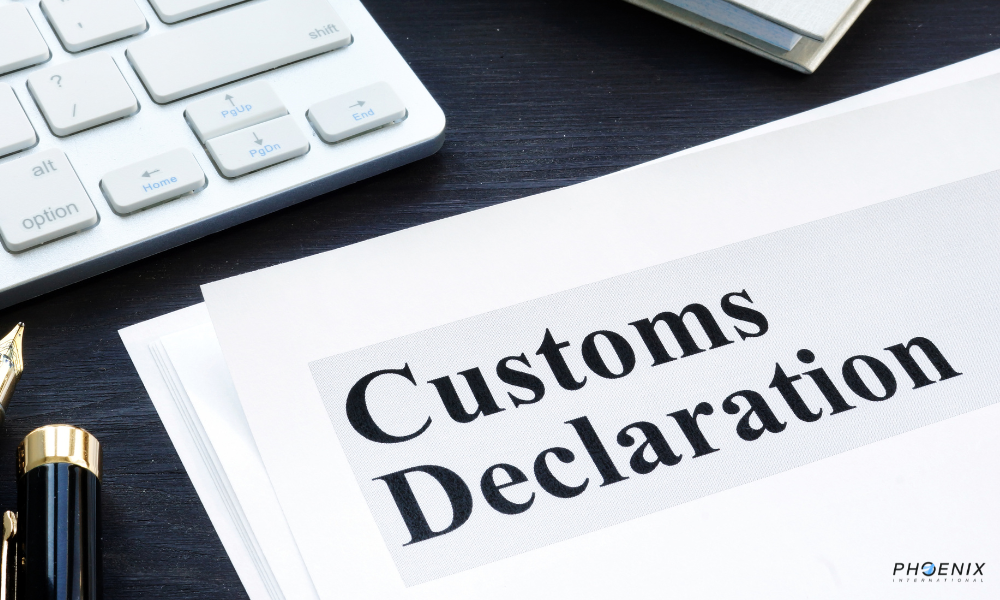Later last afternoon, President Trump issued an Executive Order, Extending the Modification of the Reciprocal Tariff Rates, extending the current suspension of the country-specific reciprocal tariffs on imports from all countries except China (which is subject to its own rate) and Canada and Mexico (which are not subject to reciprocal tariffs) from Wednesday July 9th to August 1st, 2025. Goods will continue to be subject to a 10% baseline tariff rate during this new extension of the suspension on country-specific reciprocal tariffs.
The separate tariff suspension issued to China, including Hong Kong and Macau, (suspending 24% of its 34% rate for 90 days, or until August 11, 2025) remains in effect. Effective August 12, 2025, the reduced 10% duty rate on Chinese-, Hong Kong, and Macau-origin goods will revert to 34%, unless the administration indicates otherwise.
Separately President Trump announced that the U.S. has issued tariff letters to 14 countries. These letters lay out the country-specific reciprocal tariff rates that will apply to those countries’ goods as of 12:01 a.m. EDT on April 1st, i.e., when the latest extension to the pause in the imposition of country-specific reciprocal tariffs expires.
The new pause in imposition of country-specific reciprocal tariffs is intended to allow additional time for these and other countries to reach trade agreements with the U.S. A country’s tariff rate will revert to the levels announced on April 2nd, 2025, if no progress is made on trade deal negotiations.
As noted by Treasury Secretary Bessent, additional letters to other countries will continue to be released throughout the next 72 hours (leading up to Wednesday, July 9, 2025). Below is the first wave of tariff letters issued by President Trump to specific countries.
Today’s Tariff Letters:
Terms outlined in today’s tariff letters:
- New tariff rates will take effect on August 1.
- The letters state that the tariff rates are separate from “Sectoral Tariffs.” While goods which were subject to the “Sectoral Tariffs” on steel and aluminum and derivative articles thereof (Section 232 tariffs) were originally not subject to reciprocal tariffs, this language suggests the reciprocal tariffs are now stacked on top of (imposed in addition to) Section 232 tariffs on steel and aluminum and their derivative articles as per recent changes.
- Goods determined to be “transshipped to evade a higher tariff” will be subject to a higher tariff, per the letters issued. The letters are silent as to what will be considered to be “transshipment,” including whether it will be limited to goods wholly produced in one country but shipped through another or will also include goods manufactured in one country using inputs from another country.
- Any tariff rate imposed by a country in retaliation will be added to the reciprocal rate stated in the respective letter.
- Tariffs can be modified, upward or downward, depending on the continued relationship between the US and the specified country.
Previous Trade Deal:
- Vietnam:
- Trade deal announced on July 2, 2025, via social media. The parties are still negotiating, and the draft of the agreement has not been circulated publicly.
- Under the agreement:
- Vietnamese goods imported into the U.S. will face a 20% tariff.
- Goods determined to be “transshipped” through Vietnam will be subject to a 40% tariff. Like today’s letters, the announcement did not specify what was meant by the term “transshipment” and whether it includes goods that are manufactured in Vietnam using inputs sourced from a different country. Commerce Secretary Howard Lutnick defined transshipping via Twitter and recent press conferences as, “if another country sells their content through products exported by Vietnam to us — they’ll get hit with a 40% tariff.”
- In return, Vietnam has agreed to grant the United States total market access for trade. According to the president’s statement, this includes allowing U.S. products to enter Vietnam at zero tariff.
- Prior to this agreement, Vietnam was assigned a 46% country-specific tariff rate under the country-specific reciprocal tariff measures announced on April 2.
Stay informed as negotiations evolve. For more updates on how these changes may affect your supply chain, contact your Phoenix International representative.
📄 Reach out to your local Phoenix representative or contact us to learn more!

